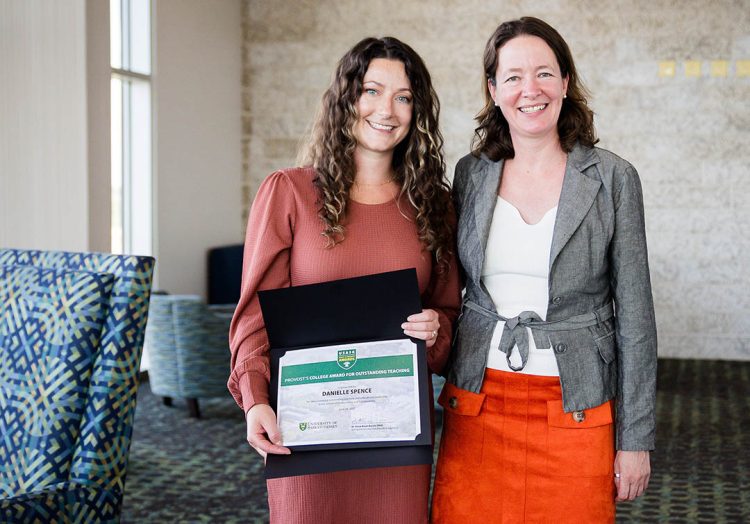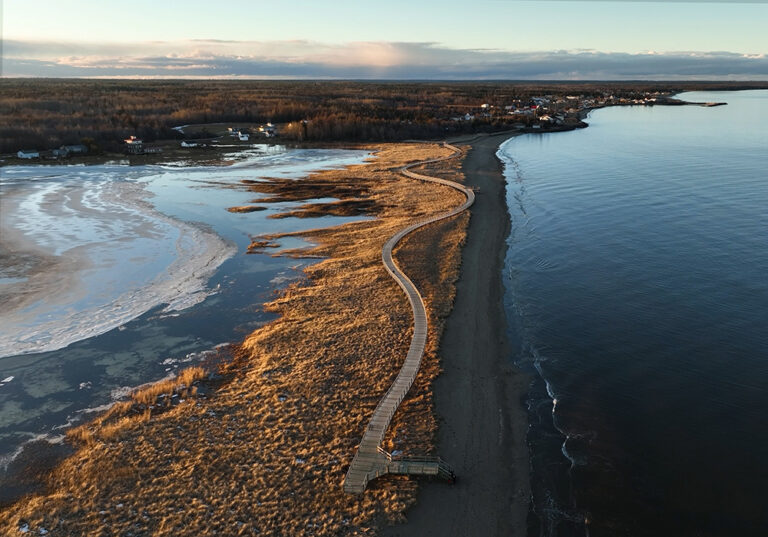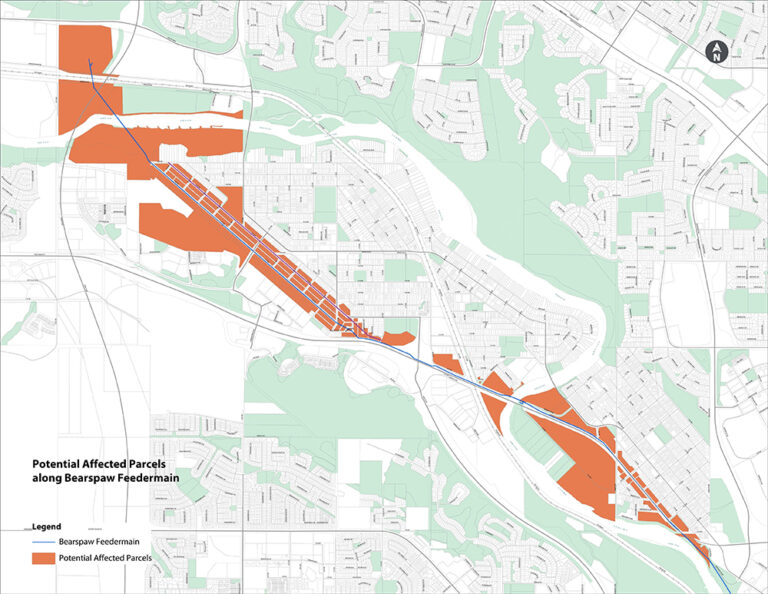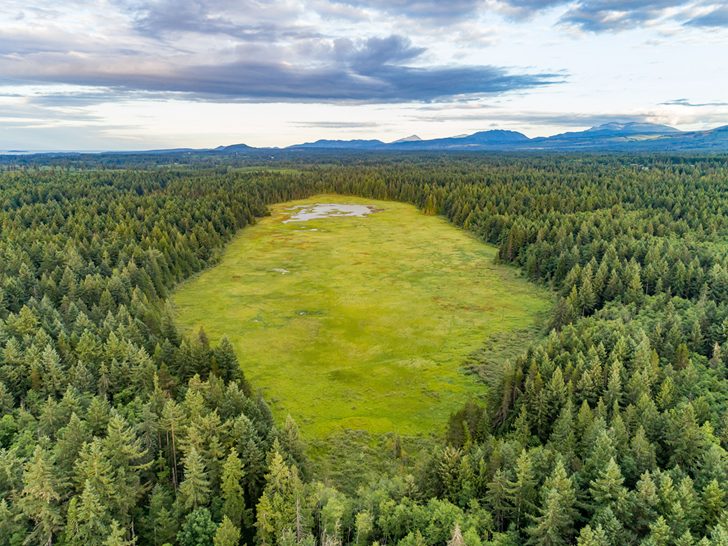For University of Saskatchewan (USask) graduate Danielle Spence, protecting Canada’s water systems means more than crunching numbers in the lab. It’s about listening—to the data, to the climate and to the people who depend on clean, healthy water.
Spence, who recently earned her PhD from USask’s School of Environment and Sustainability (SENS), explored the growing challenge of algal blooms at two distinct sites: Buffalo Pound Lake in southern Saskatchewan and Elk/Beaver Lake in British Columbia. Her research combined climate data analysis with extensive community engagement to understand how environmental change is reshaping both ecosystems and local livelihoods.
“This story was as much about the long-term environmental impact as it was about the social impact,” said Spence. “As a natural scientist, it’s important to listen to the messages the environment is sharing through data analysis. But as a human, it was critical for me to work with community members to understand the social impact of the changing climate.”
At Buffalo Pound Lake, Spence analyzed nearly four decades of water quality data using generalized additive models to examine how climate oscillations, nutrient inputs and water flow management influence phytoplankton—the microscopic organisms that drive algal blooms.
Her work at Elk/Beaver Lake focused on the human side of the issue. Recreational closures caused by harmful algal blooms have become increasingly common, and Spence collaborated with residents to assess their preferences and willingness to pay for restoration efforts aimed at reducing bloom frequency.
Algal blooms pose growing threats to ecosystems and communities across Canada, leading to fish kills, drinking water advisories and lost recreational opportunities. By combining scientific modelling with community perspectives, Spence’s research offers actionable recommendations for managing nutrient runoff, improving flow regulation and aligning water policies with local priorities.
Her co-supervisor, Dr. Helen Baulch, said Spence’s interdisciplinary approach sets a strong example for future researchers.
“Danielle’s work finally answered some key questions about climate and flow management for water quality,” said Baulch. “Her ability to integrate social and natural sciences makes her a tremendous academic.”
Beyond her research, Spence also distinguished herself as an educator. She received the 2025 Provost’s College Award for Outstanding Teaching alongside Baulch, recognized for her empathetic, student-centred approach to complex environmental topics.
The commitment to connection—between people, data and the natural world—has been central to Spence’s work throughout her doctoral journey.
“There’s a really critical need to work on water quality solutions, not just for drinking water, but also for the many other benefits that waterbodies provide, including recreational activities,” she said. “People are invested in solutions.”
Her findings contribute to a growing body of work emphasizing that sustainable water management depends on collaboration—between scientists, governments and the communities that depend on the resource.










